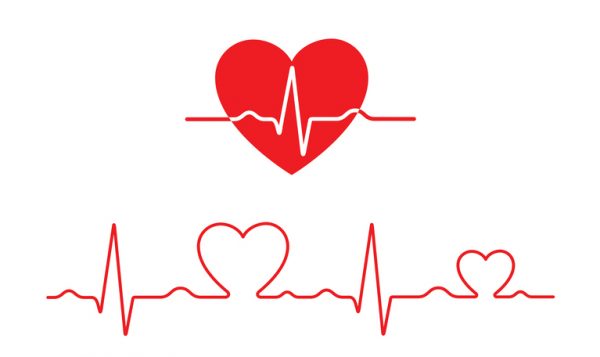
The knowledge that recovering Covid-19 patients face an increased risk of cardiac arrhythmia complications, is one factor contributing to the need to find ways to effectively identify potential sources of arrhythmia in recovered patients. An arrhythmia is a problem with the rate or rhythm of heartbeats — in other word, patients with this condition suffers from the heart beating too fast or too slow or with an irregular pattern.
Current arrhythmia mapping procedures require a catheter to navigate through the heart and map potential sources of arrhythmia, proving not only invasive, but time and labor intensive to boot.
But San Diego, California-based Vektor Medical is looking to offer an alternative. It announced last week that University of California, San Diego Health is the first hospital to use its FDA cleared vMap technology for mapping the heart during cardiac ablation procedures. Through ablation, heat or cold therapy is applied through a catheter to block irregular electric signals with the goal to restore a typical heart beat.
Vektor Medical claims that its vMap technology is non-invasive, fast, and less labor intensive than current catheter mapping methods. The technology is able to identify potential arrhythmia sources anywhere in the heart using only the data from an ECG to do so. This non-invasive method identifies sources of both stable and unstable arrhythmia from all four heart chambers, the septal wall, and outflow tracts. It requires no catheter, nor is the patient exposed to more radiation due to extended fluoroscopic use.
“vMap is the first technology designed to identify both focal- and fibrillation-type arrhythmia sources anywhere in the heart in under three minutes by using only the data from a standard 12-lead ECG,” said Mike Monko, Vektor’s co-founder and CEO in an email.

vMap Atrial Fibrillation mapping.

A Deep-dive Into Specialty Pharma
A specialty drug is a class of prescription medications used to treat complex, chronic or rare medical conditions. Although this classification was originally intended to define the treatment of rare, also termed “orphan” diseases, affecting fewer than 200,000 people in the US, more recently, specialty drugs have emerged as the cornerstone of treatment for chronic and complex diseases such as cancer, autoimmune conditions, diabetes, hepatitis C, and HIV/AIDS.
Vektor hopes its product will shorten procedure time and improve first-pass ablation success as its system consolidates the mapping process and gives both 2D as well as 3D hot spot maps of the entire heart.
“The benefit of this method is the physician spends less time finding the source and can quickly hone in on the target zone. In fact, we’ve had users share that vMap could have saved them hours as they would have known where to go first,” Monko declared.
Vektor touts that vMap can map the sources of arrhythmia by itself, without the need for additional devices or imaging, according to a news release. However, it notes vMap can work as a complement to traditional invasive electro-anatomical mapping systems if desired, which may be applicable in both planning and procedural settings, according to a press release.
Vektor has raised $15 million, according to Monko. In November, it closed a SAFE round to fund the launch of vMap at select cardiovascular centers throughout the United States in 2022.
Monko declined to identify investors, but said the list includes “experts in the fields of cardiology, finance, and intellectual property.”
As for Vektor’s valuation? He demurred there as well.
“The market will ultimately determine our valuation. So far, investors are enthusiastic and incredibly supportive of our commercial roll out plans,” Monko added.
Photo: Photo: hudiemm, Getty Images and Vektor Medical













